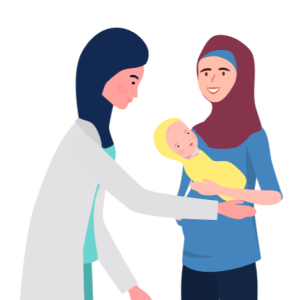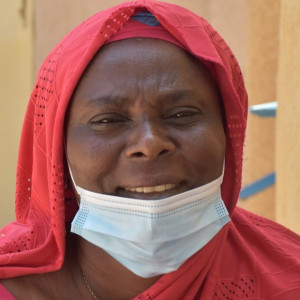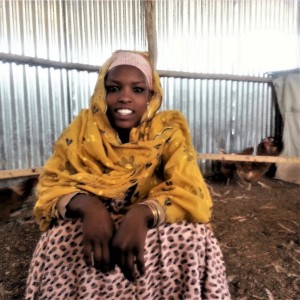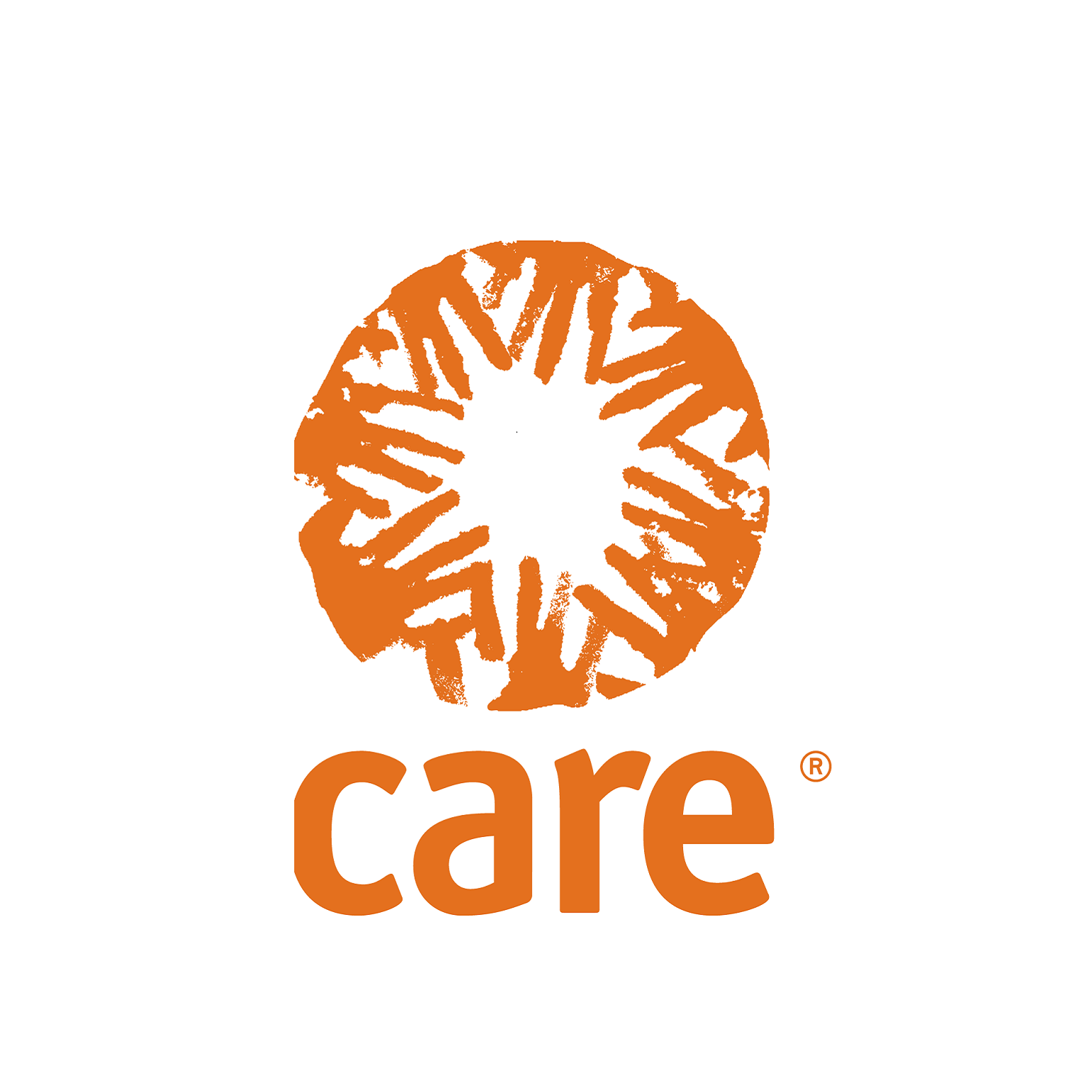Episodes

Wednesday Jan 03, 2024
A Magical Example of Adolescent Girls Leading
Wednesday Jan 03, 2024
Wednesday Jan 03, 2024
It's not easy or obvious to not only work with adolescent girls in crisis settings, but also to let them lead. But it is possible. AMAL currently operates in Syria, Nigeria, and Somalia, addressing the unique vulnerabilities of adolescent girls in crisis settings, such as early marriages and adolescent pregnancy. The program includes components like a Young Mother's Club, Community Dialogues, and a health provider curriculum to improve sexual and reproductive health service uptake and enhance participants' life skills. Our guest speaker, Pari Chowdhary, highlights the importance of relationship investments, continuous quality improvement mechanisms, and including adolescent girls in program design and evaluation. The final hope is for the program to be owned and run locally by the adolescent mothers themselves.

Wednesday Nov 16, 2022
The Data Belongs to Them
Wednesday Nov 16, 2022
Wednesday Nov 16, 2022
In part 2 of her podcast, Kalkidan Yihun talks about how to make sure that data transforms into action--and especially that women and girls who contribute data get that data back in ways they can use themselves. Instead of extractive processes that feed into a black box that communities never see, think about how to format and share data so women can act. Who needs to see it? Who will take action? What ways make sharing that data safe for people who provided it? Kal coordinates the Women Respond project, and offers tips and lessons about what doesn't work (and does) in putting women's voices first.

Tuesday Oct 08, 2019
Tuesday Oct 08, 2019
Zegeye Bante from CARE Ethiopia talks about working with youth VSLA, and what changes that requires from our traditional models. Youth are visionary and impatient, and want to meet their goals fast, so we have to accelerate our programming. At the same time, making sure that young people really understand the model, and that their parents and teachers accept and support the work we are doing takes a lot longer than it does with adult groups. So we have to find ways to build in more time at the beginning, and then get faster results so youth keep coming back.

